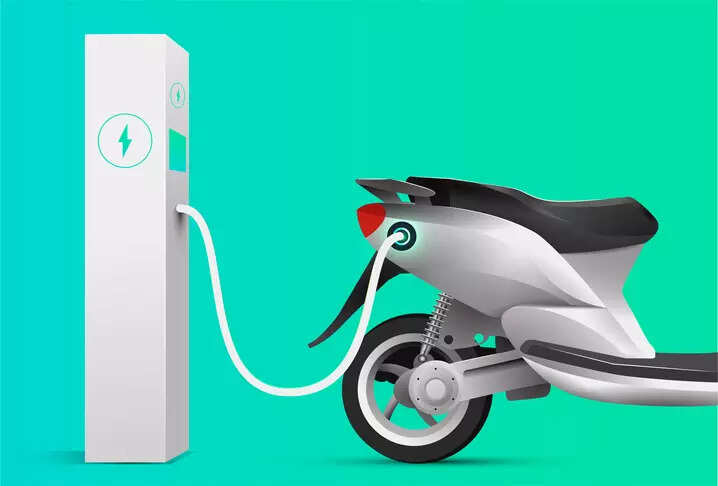
According to the Economic survey 2022-23, the domestic electric vehicle market is expected to grow at a compound annual growth rate (CAGR) of 49 per cent between 2022 and 2030. It is expected that the sector will achieve 1 crore units annual sales by 2023. It is expected to create 5 crore direct and indirect jobs by 2036.
To support and nurture this development, the government undertook multiple steps during FY23.
The Central Board of Indirect Taxes and Customs (CBIC) introduced the Phased Manufacturing Plan (PMP) for electric vehicle manufacturers. The basic custom duty (BCD) rates in respect of different stages of the value chain of EVs are calibrated in a manner that encourages gradual deepening of domestic value addition.
Cobalt, copper, lithium, nickel, and rare earth elements (REEs) are critical for producing electric vehicles and batteries. The global supply chain of the critical minerals is highly concentrated and unevenly distributed. The skewed distribution of the resource poses a supply risk in the face of its enhanced demand.
Thus, the report advises the government to create strategic mineral reserves along the lines of strategic petroleum reserves to ensure a continuous supply of minerals.
The Government also introduced the Battery Waste Management Rules, 2022, on August 24, 2022 to ensure environmentally sound management of waste batteries.
The producers (including importers) of batteries are responsible for the collection and recycling/refurbishment of waste batteries and the use of recovered materials from wastes into new batteries.
All waste batteries are collected and sent for recycling/ refurbishment, prohibiting disposal in landfills and incineration. Producers may engage themselves or authorize any other entity to collect, recycle, or refurbish waste batteries.
Also Read:
